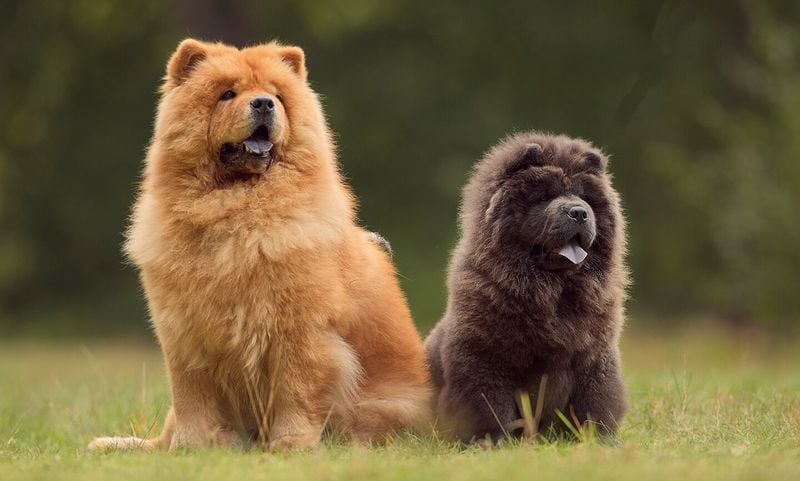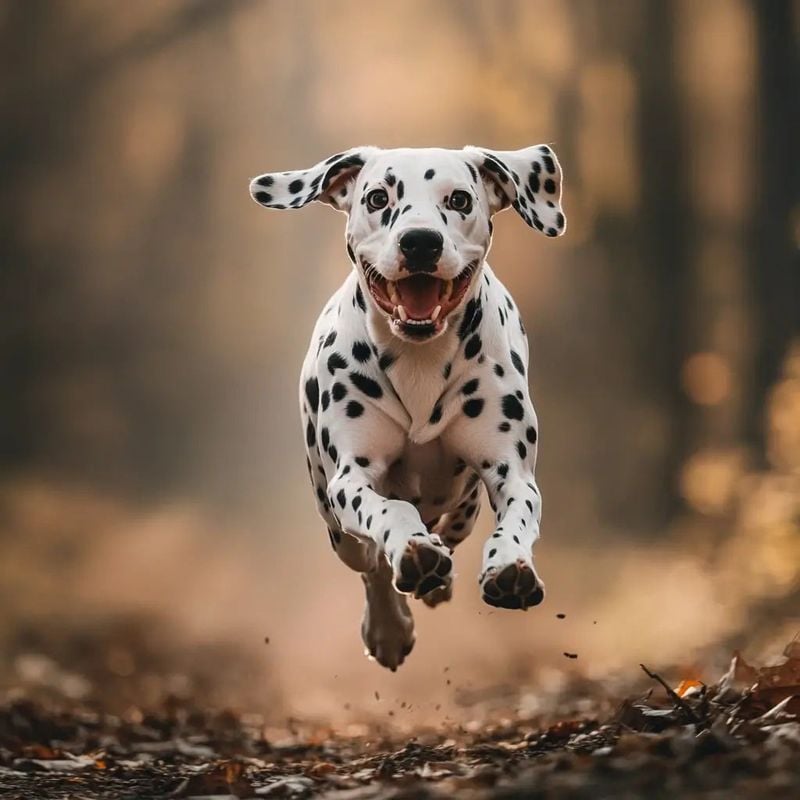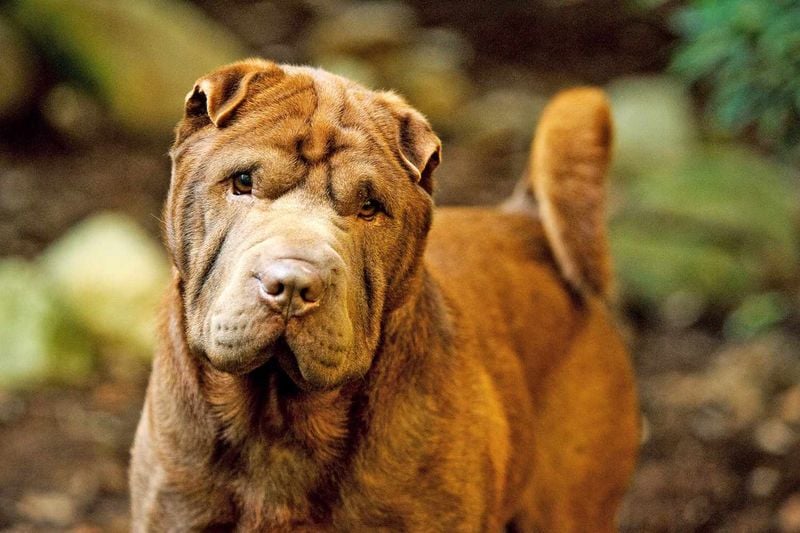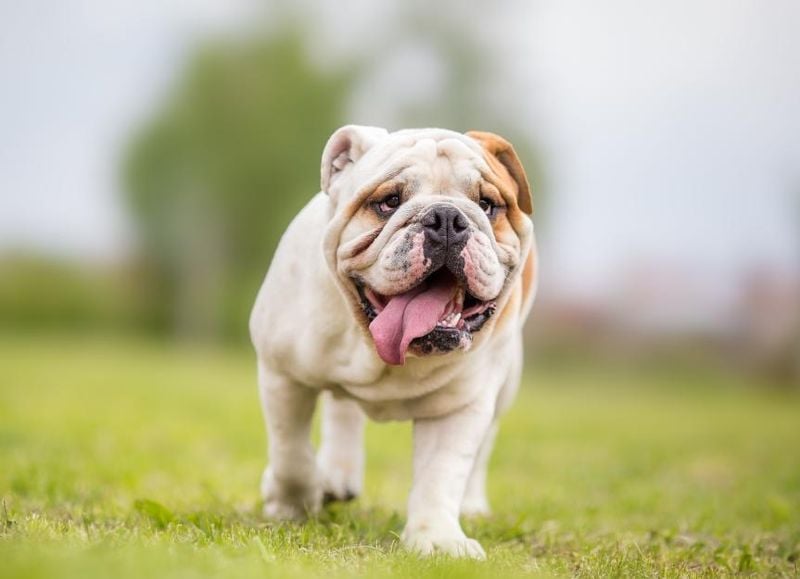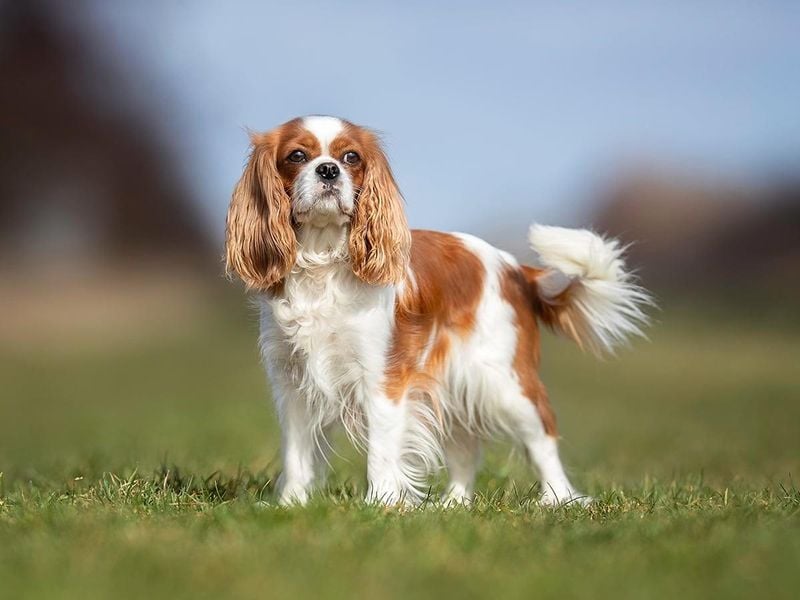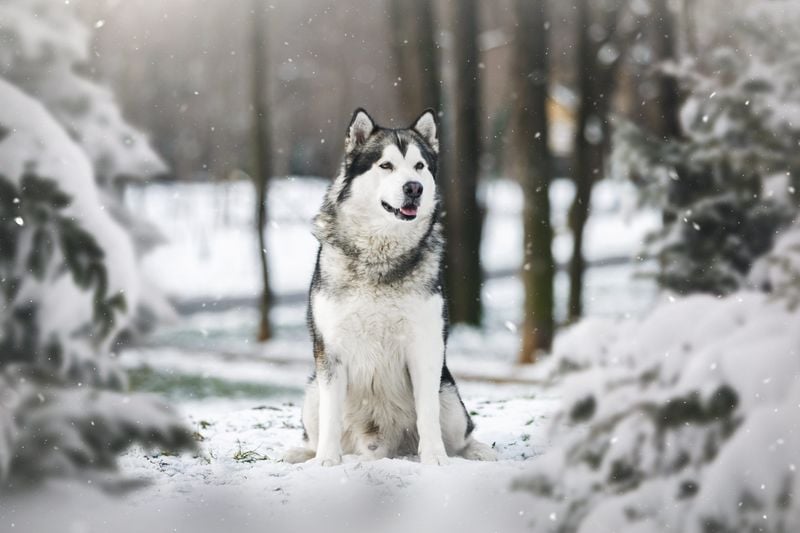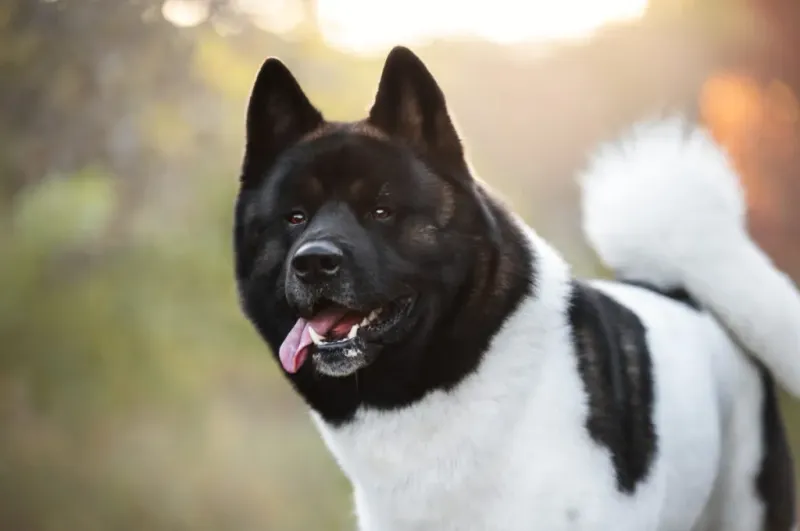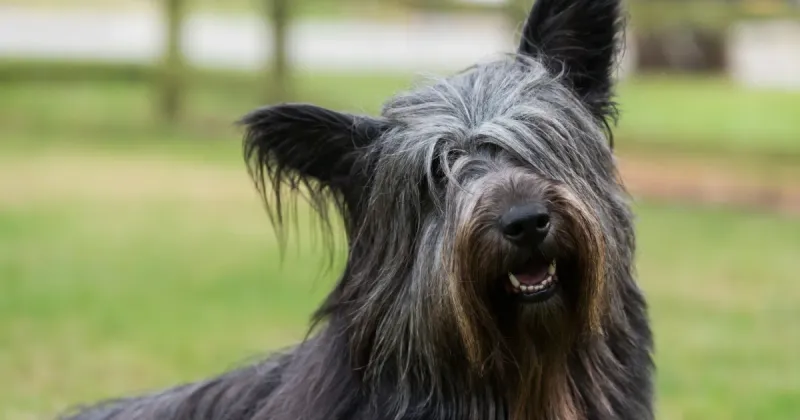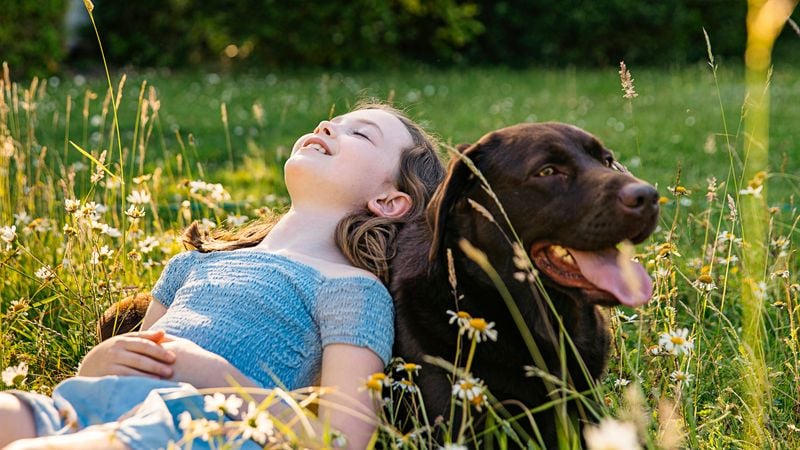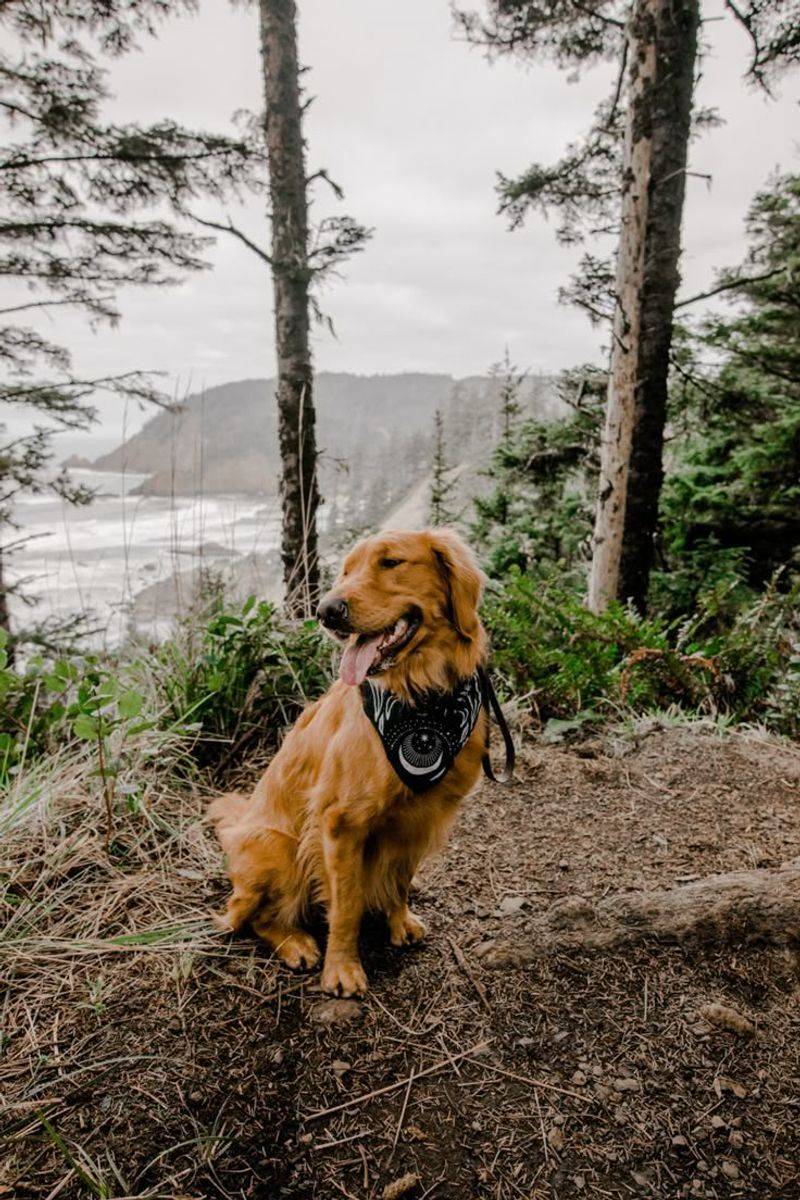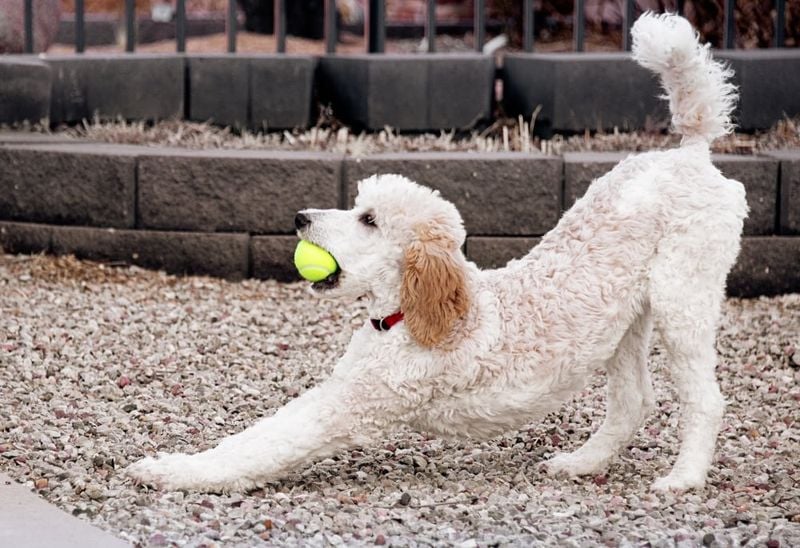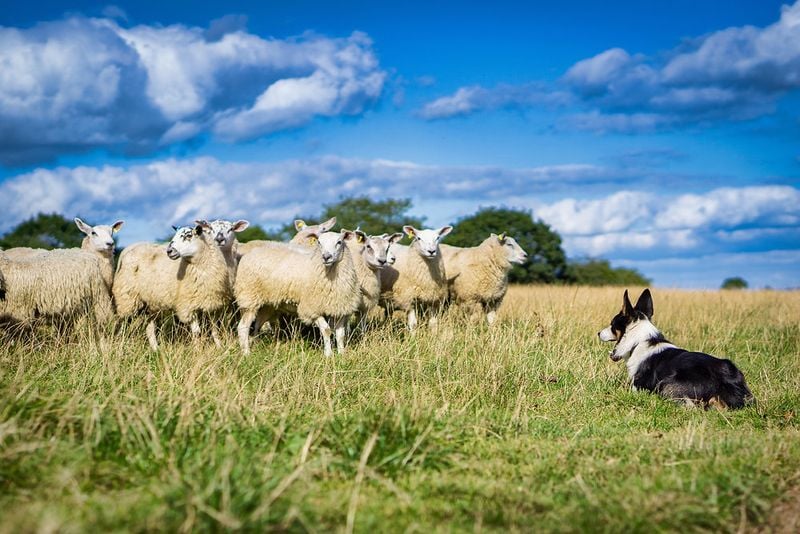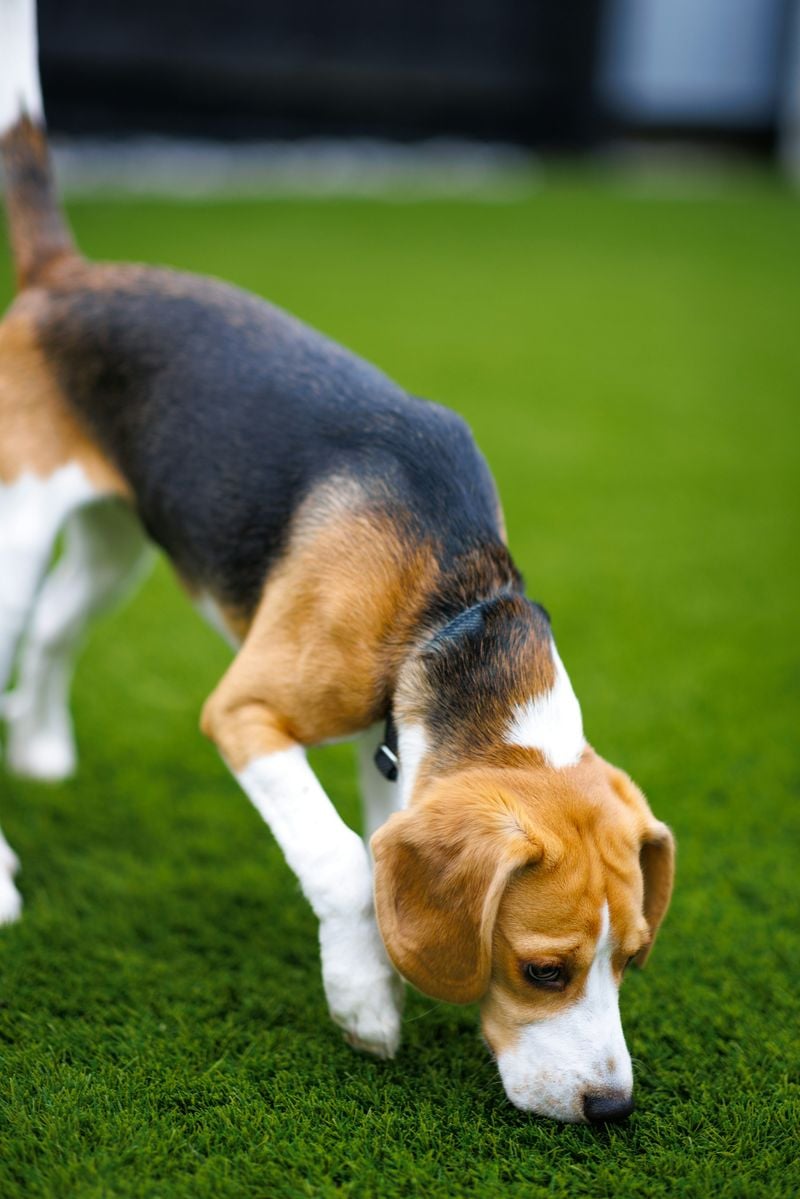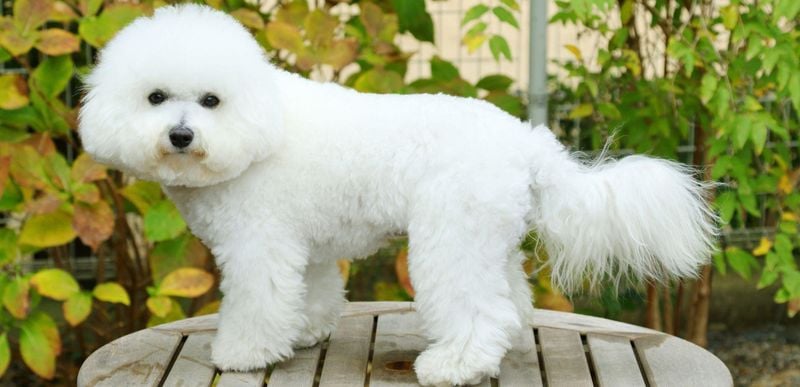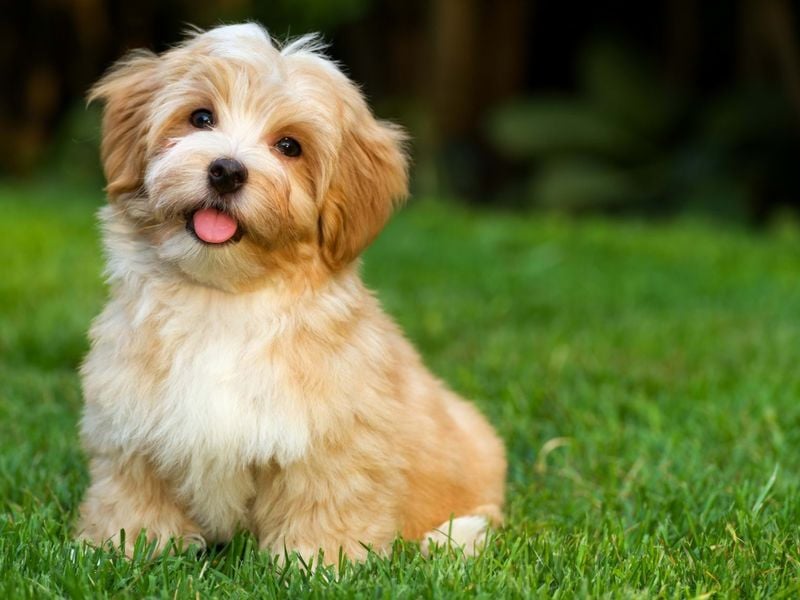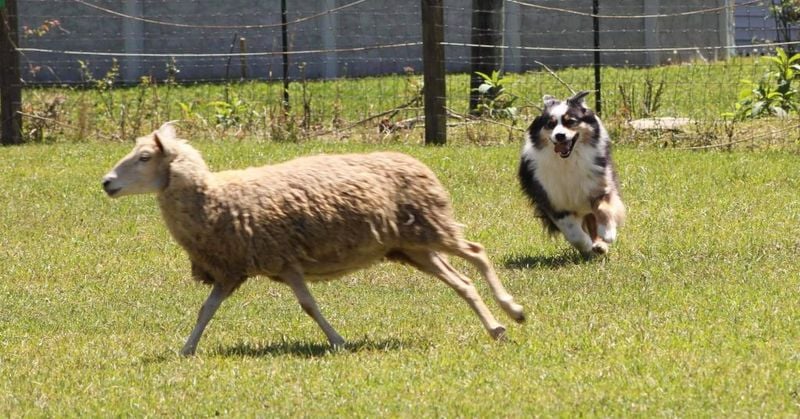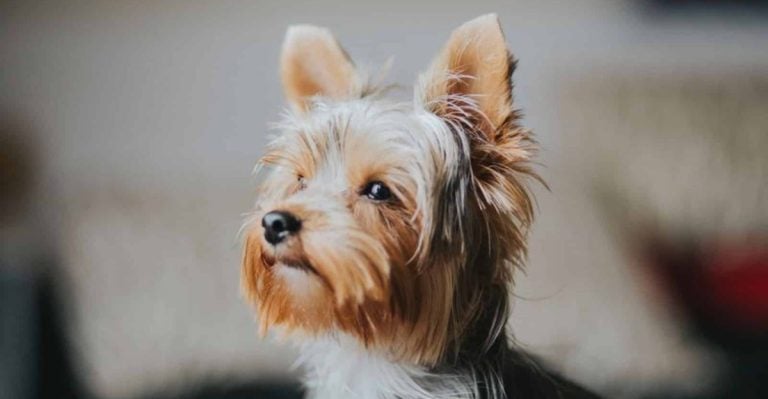10 Dog Breeds Vets Advise Against Owning (And 10 They Always Recommend)
Choosing the right dog breed isn’t just about looks or popularity—it’s about finding a companion that fits your lifestyle, health expectations, and experience level.
Some dogs may look adorable on social media, but they come with serious medical issues, behavior quirks, or grooming demands that leave first-time owners overwhelmed.
Veterinarians, who see the consequences of mismatched dog ownership daily, often warn against certain breeds—even if they’re trending. At the same time, there are breeds they consistently recommend for being healthy, easygoing, and adaptable.
Whether you’re planning to adopt or just love learning more about dogs, this guide reveals the breeds vets caution against—and the ones they praise.
You’ll get a clear look at which pups might bring joy or heartbreak, depending on your situation. Let’s dive into the breeds vets always talk about—for better or worse.
1. Chow Chow
At first glance, the Chow Chow might seem like a cuddly teddy bear, but most vets will tell you this breed is not for the faint of heart.
These dogs are notoriously aloof, strong-willed, and sometimes outright aggressive if not socialized perfectly from a young age.
They don’t always mesh well with kids, other pets, or even unfamiliar adults, and their independent nature can make training a nightmare.
Add in a laundry list of health concerns—like hip dysplasia, entropion, and thyroid problems—and you’ve got a breed that requires both emotional and financial commitment.
2. Dalmatian
Thanks to movies, Dalmatians have a glamorous reputation, but vets often caution potential owners to think twice.
These spotted beauties are incredibly energetic, but their high activity level can quickly lead to behavioral issues if they’re not properly exercised.
They’re prone to deafness, bladder stones, and even aggression when not socialized thoroughly.
Many new owners underestimate how much stimulation this breed needs—both mental and physical. Without it, Dalmatians can become destructive, anxious, and even unpredictable around children or strangers.
3. Shar Pei
There’s no denying the Shar Pei’s charm, especially with its adorable wrinkles and serious expression—but vets know better. Those iconic folds often lead to chronic skin infections, and their eyelids can turn inward, painfully scraping the eye surface.
These dogs are also notoriously stubborn and difficult to train, often forming tight bonds with just one person and remaining wary of everyone else.
Shar Peis come with a high price tag—not just at purchase, but through lifelong vet bills and grooming needs. They’re definitely not a beginner’s breed.
4. Bulldog (English Bulldog)
Vets often wince when clients mention wanting an English Bulldog. Though sweet-tempered and adorable, these dogs are a walking checklist of health issues.
Their flattened faces cause severe breathing problems, which worsen in heat and during exercise.
They’re prone to skin infections, hip dysplasia, and reproductive problems—many can’t even give birth naturally.
Owners must be prepared for regular vet visits and a shorter-than-average lifespan. These dogs crave companionship but come with heavy physical limitations and costly medical upkeep.
5. Cavalier King Charles Spaniel
With their big, soulful eyes and gentle demeanor, Cavaliers seem like the perfect lap dogs—but there’s a heartbreaking catch.
Vets are deeply concerned about this breed’s genetic predisposition to heart disease, especially mitral valve disease, which can strike as early as age five.
They also suffer from syringomyelia, a painful neurological condition linked to their skull shape.
Although affectionate and friendly, they’re often riddled with health issues that demand constant monitoring, medications, and early interventions. They can make lovely companions, but they often break hearts far too soon.
6. Wolfdog Hybrids
Wolfdog hybrids may seem fascinating to own, but vets strongly caution against them for a reason.
These animals are a genetic mix of domestic dog and wild wolf, meaning their behavior can be wildly unpredictable—even when raised from puppies.
They don’t respond well to traditional training, can become aggressive under stress, and have intense prey drives.
Even experienced handlers struggle with their emotional volatility and social needs. Add in complex legal restrictions across many regions, and it’s clear: Wolfdogs are not suited for the average pet owner or household.
7. Alaskan Malamute
Majestic and powerful, the Alaskan Malamute is built for endurance in extreme conditions—but that doesn’t make them ideal pets.
Vets often warn about their high prey drive, escapist tendencies, and boundless energy that easily overwhelms owners.
They’re prone to hip dysplasia and bloat, both of which can become serious medical emergencies.
Their thick double coat also requires intense grooming. Without proper exercise and mental stimulation, they quickly grow frustrated and destructive. They’re best left to experienced dog owners with time and space to match their needs.
8. Akita
The Akita is regal, dignified, and intensely loyal—but those very traits can cause major issues if you’re not an experienced dog handler.
Vets often advise caution because Akitas can be territorial, dominant, and reactive toward strangers or other pets.
They require firm, confident training and early socialization, or they risk developing behavioral issues that are hard to reverse.
Health-wise, they’re prone to autoimmune diseases and hip problems. For families or first-time owners, the Akita’s power and stubbornness may quickly become overwhelming.
9. Weimaraner
The sleek and athletic Weimaraner can be stunning to look at—but living with one is another story.
Vets frequently point out this breed’s intense need for activity, stimulation, and human interaction. Without it, they become anxious, destructive, and even self-harming.
They’re prone to separation anxiety and often do poorly in homes where someone isn’t present most of the day.
Weimaraners are also at high risk for bloat, a life-threatening condition requiring urgent care. Their needs go far beyond the average walk and belly rub.
10. Skye Terrier
Skye Terriers may look like charming little companions, but vets caution that they’re more fragile—and more intense—than most people expect.
Prone to spinal issues due to their long backs and short legs, they require careful handling to prevent injury.
They’re also known for being fiercely independent and sometimes nippy, especially with strangers or children.
While loyal to their people, they don’t always get along with other animals and can be very stubborn to train. They’re not ideal for families looking for an easygoing or low-maintenance breed.
While these breeds may come with more challenges than most, there are plenty of dogs vets consistently recommend for their health, temperament, and adaptability—let’s take a look at the ones they trust most.
11. Labrador Retriever
When it comes to universally loved dog breeds, the Labrador Retriever tops most vets’ lists—and for good reason. Labs are friendly, eager to please, and extremely adaptable to different lifestyles, making them ideal for both families and singles.
They’re typically easy to train, get along with kids and other pets, and enjoy both indoor snuggles and outdoor adventures.
While Labs can be prone to obesity and hip issues, their overall temperament and intelligence make them one of the most manageable large breeds. They thrive in loving homes where they’re included in daily life.
12. Golden Retriever
Golden Retrievers are beloved not just for their stunning coats, but for their gentle, affectionate nature. Vets often recommend them to families, therapy programs, and first-time dog owners alike.
They’re incredibly patient, rarely aggressive, and eager to learn, making training a breeze. Goldens typically get along with everyone—other pets, children, and strangers alike.
Though they can face health issues like cancer and hip dysplasia, their loving personality and steady temperament more than make up for it. A well-bred Golden is a true joy to live with.
13. Poodle (Standard or Miniature)
Whether Standard or Miniature, Poodles are a vet favorite for families seeking an intelligent, hypoallergenic dog. These dogs are remarkably trainable, love learning new tricks, and adapt well to many types of homes.
Their low-shedding coats are a big plus for allergy sufferers, though they do require regular grooming.
Health-wise, Poodles are generally robust when responsibly bred. Their sociable, cheerful personalities and knack for obedience make them ideal for families, seniors, and first-time pet owners alike.
14. Border Collie
If you’re looking for brilliance in dog form, the Border Collie is the clear standout. Vets praise this breed’s intelligence and work ethic, especially for active owners who love training, agility, or outdoor adventures.
These dogs are quick learners and thrive when mentally stimulated. They form strong bonds with their people and are often incredibly gentle with children.
Border Collies do need a lot of exercise and engagement, but their generally good health and loyalty make them one of the most rewarding breeds for dedicated owners.
15. Beagle
Compact, friendly, and full of charm, Beagles often top the list of breeds vets suggest for families. Their even temperament and sturdy frame make them well-suited for kids, and they usually get along well with other pets.
They’re curious and energetic but not overwhelming, and they adapt well to both apartments and houses with yards.
Beagles can be vocal and a bit stubborn when they catch a scent, but their overall health and loving nature make them a manageable and joyful choice for many households.
16. Boxer
Boxers are the perfect mix of playful, protective, and loving—qualities that make them a favorite among vets. They’re known for their goofy personalities and affectionate bonds with their families, especially children.
Despite their muscular build, Boxers are typically gentle and tolerant, making them great family companions. They’re also energetic and thrive on regular play and exercise.
While they can be prone to certain heart conditions and cancers, responsible breeding and early vet care help mitigate those risks. Their bright eyes and joyful energy light up any household.
17. Bichon Frise
The Bichon Frise is like a cheerful little cloud on legs, and vets often recommend them for families, seniors, and allergy sufferers. Their hypoallergenic coats shed very little, though they do need regular grooming to stay clean and fluffy.
Bichons are affectionate without being clingy and have a playful nature that lasts well into their senior years.
They typically enjoy good health and have relatively low exercise needs, making them ideal for apartment living or low-key lifestyles. Their bubbly personality and compact size are a winning combo.
18. Havanese
Havanese dogs are friendly, adaptable, and always up for a cuddle—no wonder vets often recommend them for city dwellers or first-time pet parents.
Their small size makes them easy to handle, and their easygoing temperament helps them fit in nearly anywhere.
They’re also known for being hypoallergenic and fairly healthy overall.
Havanese dogs love being with their people and are highly trainable without being overly demanding. Their cheerful presence and manageable care needs make them one of the best companion breeds around.
19. Australian Shepherd
Smart, energetic, and incredibly loyal, the Australian Shepherd is a dream dog for active households. Vets appreciate their trainability, strong work ethic, and ability to form close bonds with their families.
These dogs thrive when they have a job to do—be it agility training, herding, or just playing fetch in the backyard.
Though they need regular exercise and stimulation, their generally good health and joyful spirit make them a highly rewarding breed for the right owner. Aussies love to be part of the action.
20. Shih Tzu
Shih Tzus may be small, but they’re overflowing with charm and devotion. Vets often recommend them to families, seniors, and people living in small spaces.
These affectionate lap dogs are friendly, social, and relatively easy to care for, aside from regular grooming. They’re also known for being surprisingly sturdy for their size.
Health-wise, they’re typically more robust than other toy breeds when well-bred. Their sweet demeanor and love of companionship make them a consistently top-rated dog for homes of all types.

